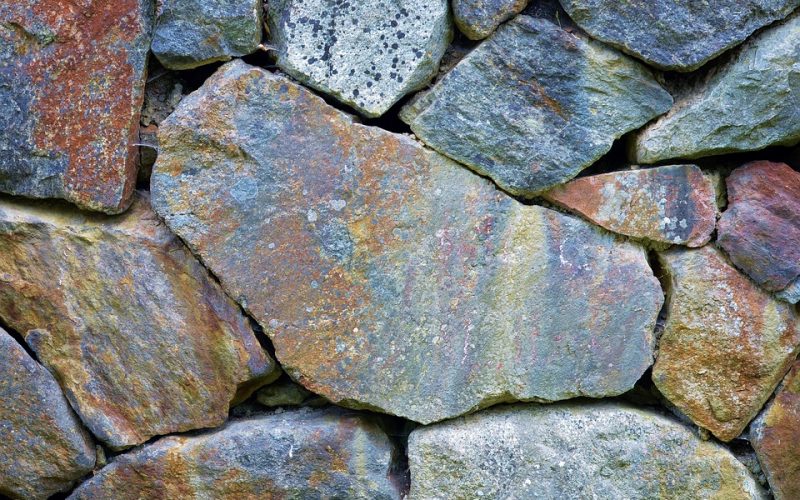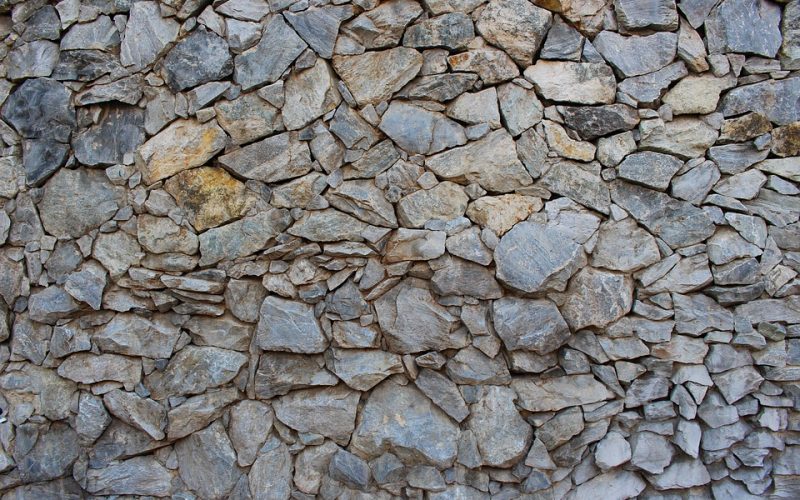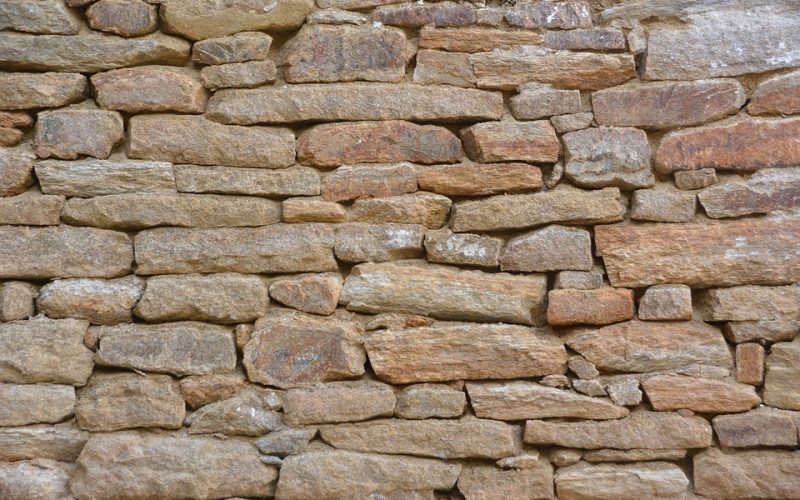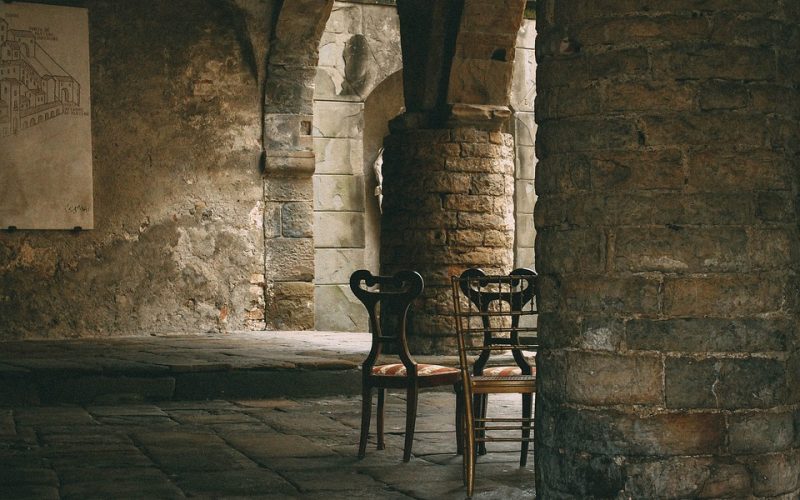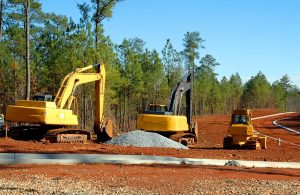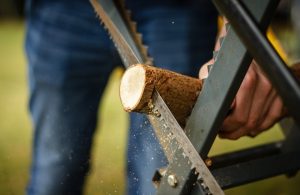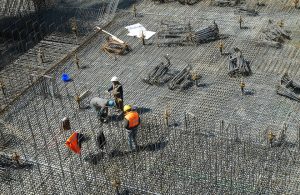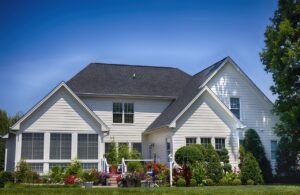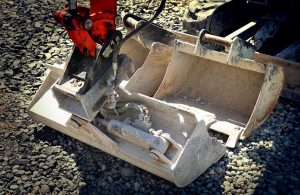Latest Posts
Garden Paths for Novices
Few people consider the creative aspect of stone, and those who have never worked with it can be very hesitant to make the investment. They...
MOREStudying Stone Masonry For Building Walls
Doing it yourself has become an important facet of home ownership, but there are still many crafts that are far beyond casual work. Electrical wiring...
MOREThe Use of Mortar in Ancient Times
Building homes and storage facilities for food has long been given credit for the ability of mankind to settle in one place, but not all...
MOREWalls Without Mortar or Cement
Centuries ago, farmers would clear land for crops and toss the rocks to the side of the field. They were not necessarily saving the rocks...
MOREFast Stone Wall Construction
Dressing stone, even with modern tools, takes a great deal of time that is not always available in big projects. For construction projects that must...
MOREDressing The Stone
Stones do not come with perfectly flat surfaces for easy construction and a good looking veneer, so any flat surfaces must be manufactured out of...
MORE
